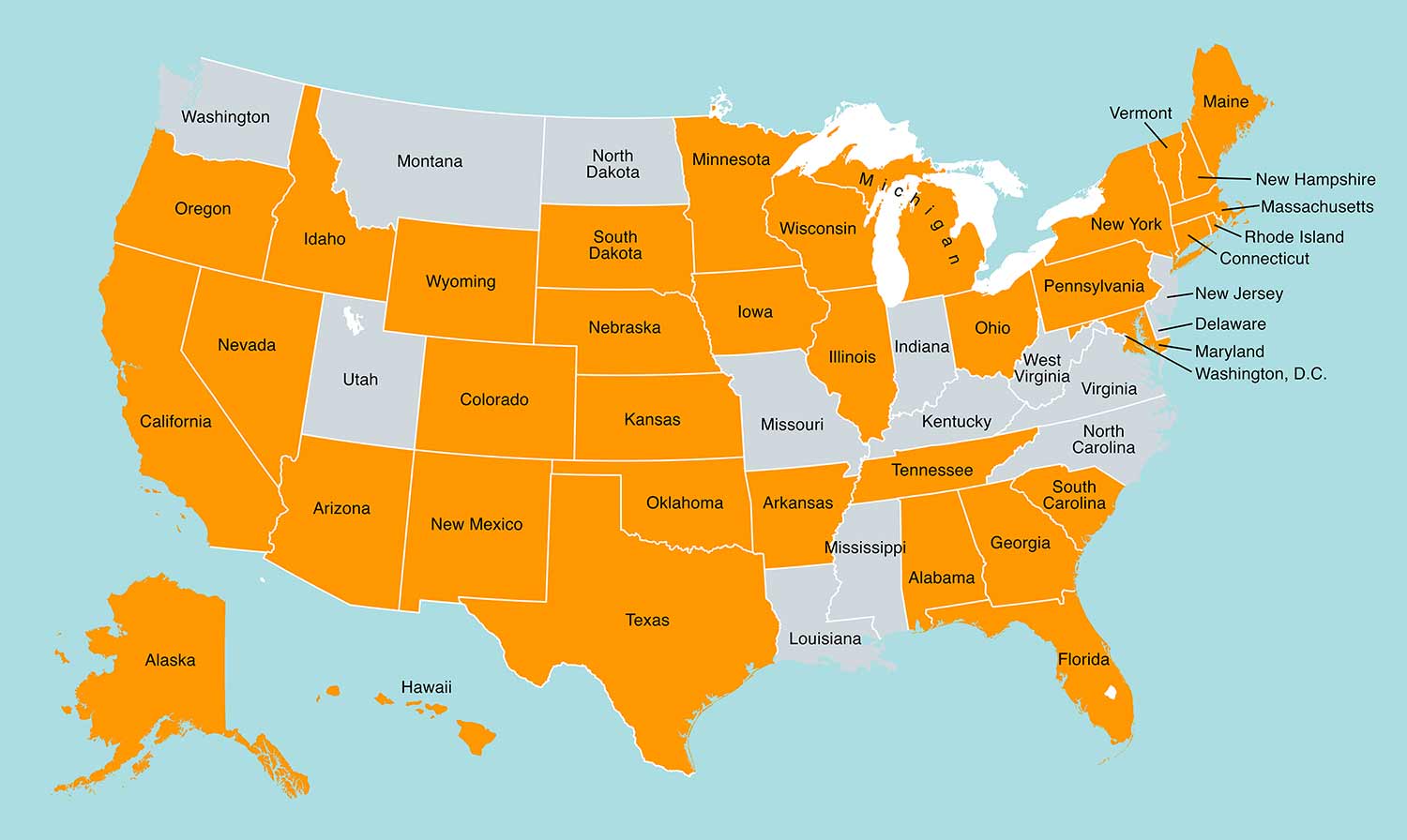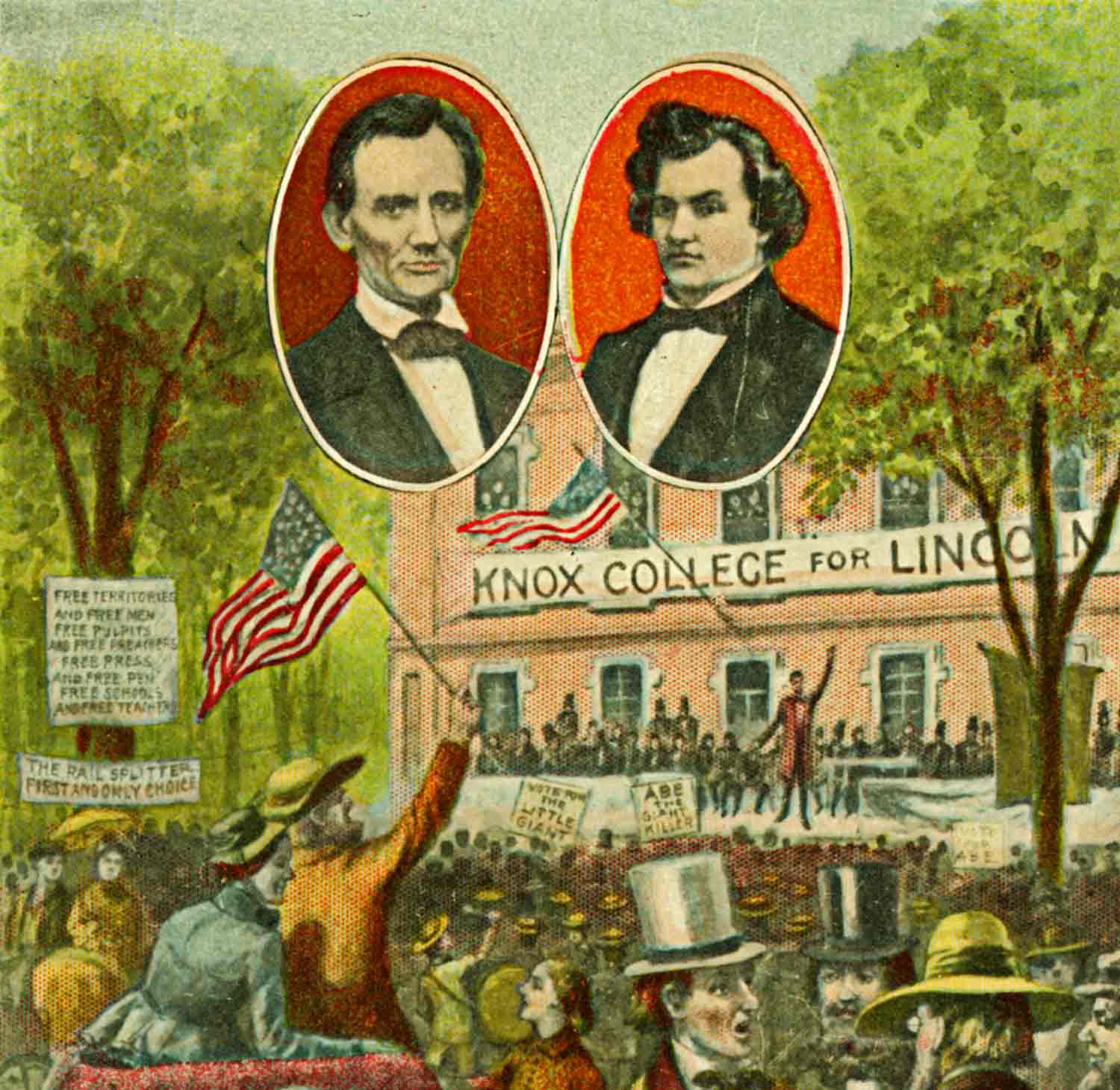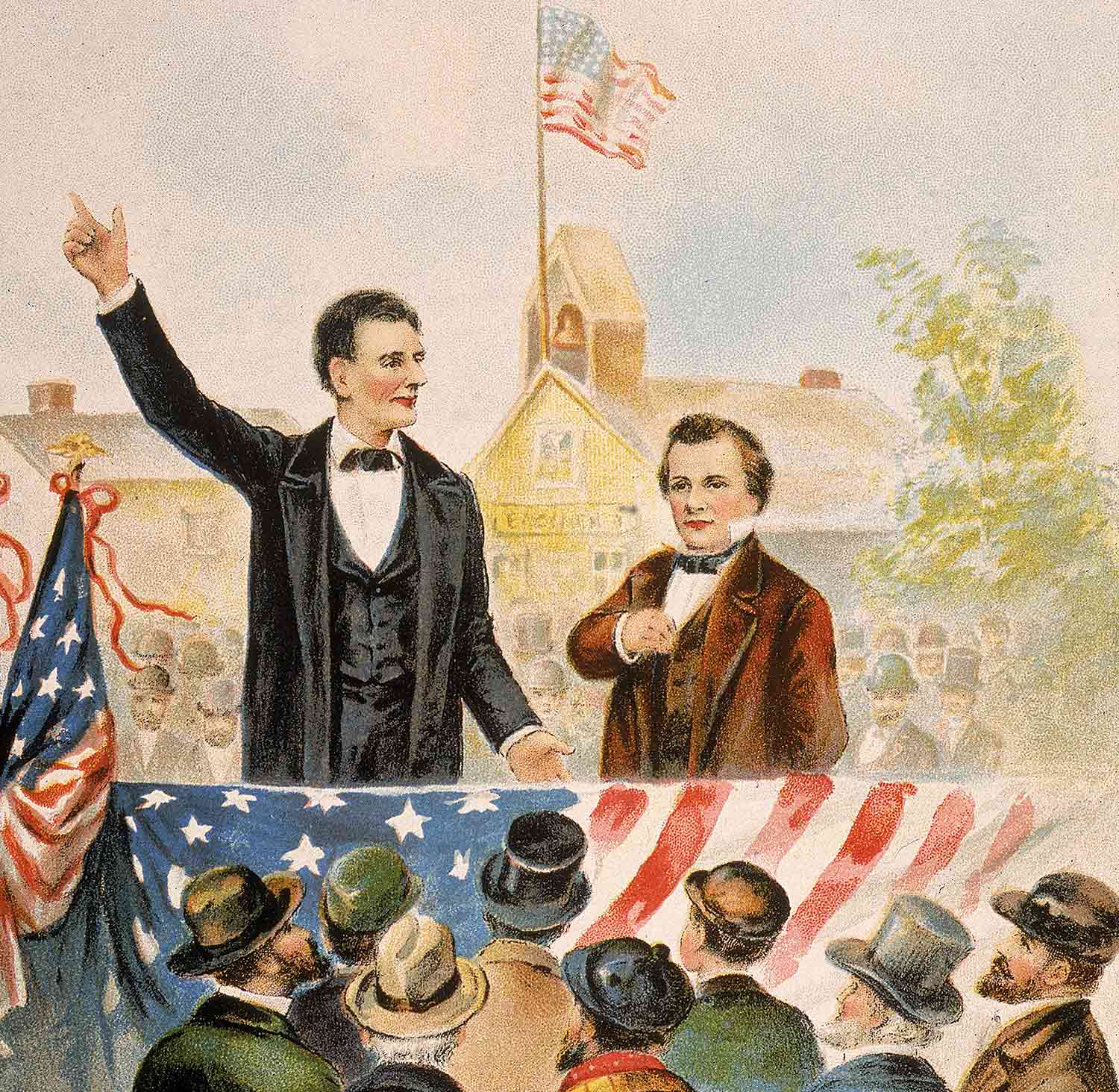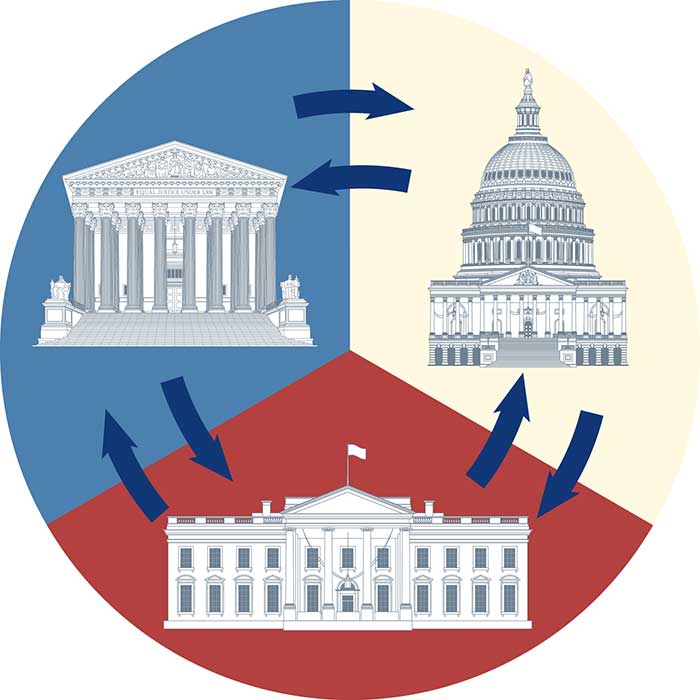Why Elections Matter
November 8 is Election Day in the United States. Here’s what midterm elections are all about.
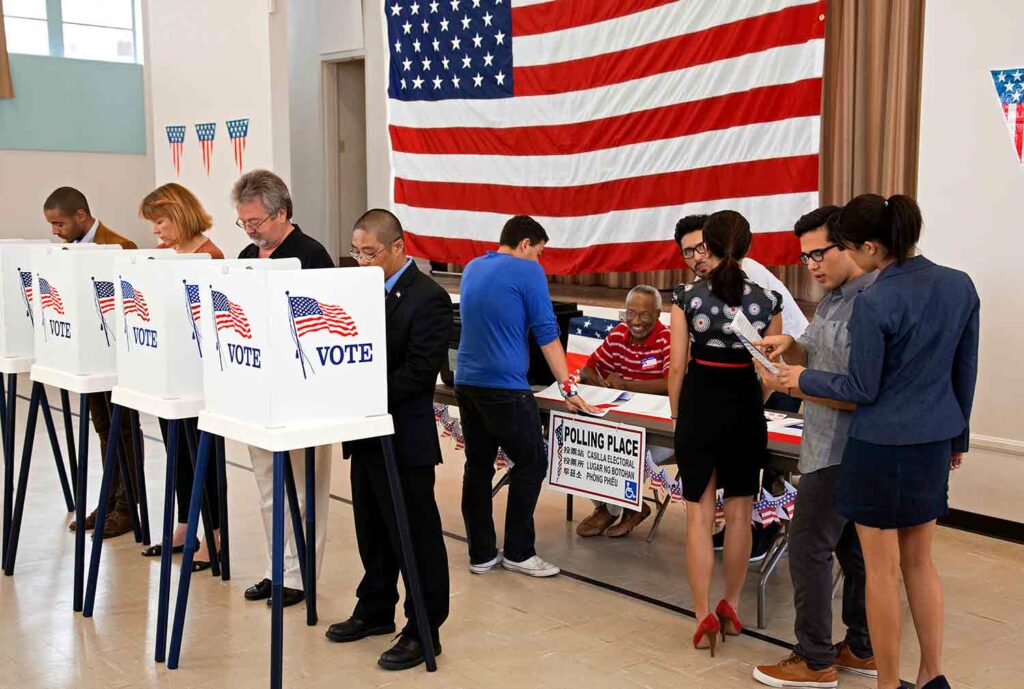
© Hill Street Studios—DigitalVision/Getty Images
In the United States, some people vote in person, while others vote by mail.
It’s election time again! On November 8, U.S. voters will head to the polls to cast their votes in the midterm elections. If you’re wondering why these elections are important, we’ve got some answers for you.
What are midterm elections?
You may be thinking, Wait, didn’t Americans just elect a new president in 2020? That’s true, and we won’t have another presidential election until 2024. Midterm elections take place midway through the president’s term in office. At this time, voters select members of Congress, which is made up of the House of Representatives and the Senate. All 435 seats in the House are up for grabs because House members’ terms last only two years. Senate terms last six years. In 2022, 35 of the 100 Senate seats are in play.
Why should we care?
The president is only one part of the U.S. government. It’s Congress, not the president, that introduces (proposes) and passes the nation’s laws. So, if you think certain laws should or should not be passed, it’s important to pay attention to who is being elected to Congress and what their views are. The president may support certain laws, but it’s up to Congress to decide whether to vote yes or no on them.
Who is in Congress now?
Most members of Congress belong to one of the two major political parties—the Republicans or the Democrats. Since both houses of Congress vote on laws, whichever party has the most seats holds control.
Currently, Democrats control both houses. That could change, depending on the results of the November 8 election. The Democratic majority is slim, so it wouldn’t take much for the Republicans to take control.
What happens if Republicans take control?
President Biden is a Democrat. With a Democratic majority in both houses of Congress, he has support from more than half of U.S. lawmakers. Some of the legislation he supports has been passed. If Republicans take control of either or both houses, that is likely to change.
For both Democrats and Republicans, the midterm elections are a real nail-biter. The results can dramatically change the course of the country! We’ll know more about how this election turned out very soon.
